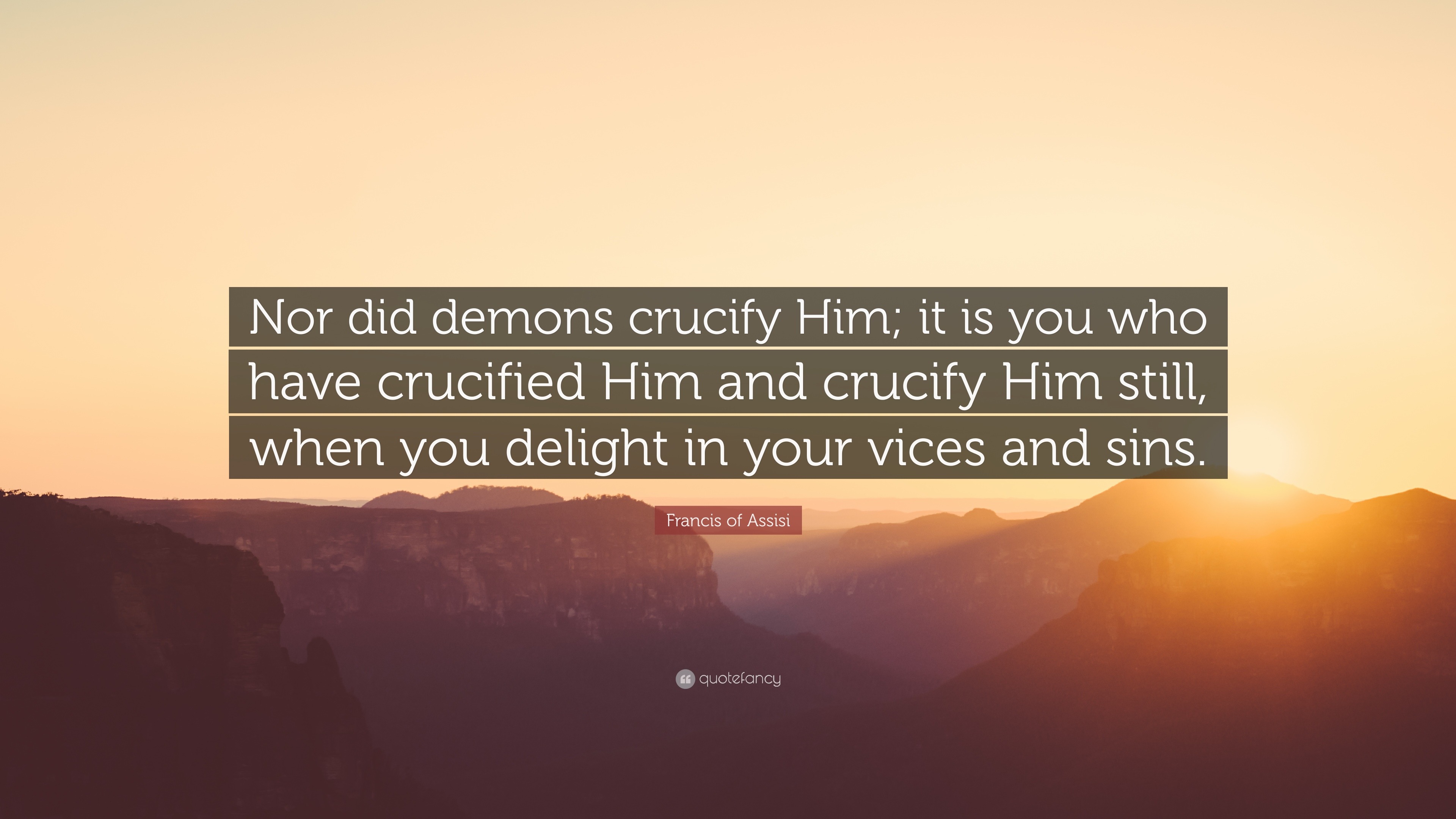I have not been so faithful about writing weekly during Lent. I had grand aspirations. My hope was to write the whole series before Lent began and schedule the posts to ensure this series actually got finished!! But, sadly that didn’t happen, and life did happen. So here we are, a series half finished and Lent on its way out. Oh well, I guess.
But this week is a week commonly referred to by Christians as Holy Week. A specially sacred time set apart (holy) to remember the myths of our traditions and meditate on how they apply to our lives.
Holy Week begins on Palm Sunday.
For weeks we have reflected, fasted, prayed, served. We have slowed down, quieted down, made room.
This week we remember deeply.
We remember Passover, when God led the Israelites out of slavery and bondage in Egypt.
Remember Jesus’ final Passover meal, when he remembered, celebrated, and taught his friends that God’s salvific and redemptive work did not end in Egypt.
Remember the day Jesus was arrested as a rabble-rouser, as a troublemaker, as a threat to the state. Jesus’ followers claimed that he was the messiah, the king of the Jews, come with power and a sword to bring deliverance from the Romans! Passover had long been a remembrance of deliverance and a hope for deliverance. The Romans knew Passover was the ideal time for a reformer to rise up among huge crowds and excite them to rebellion against the authorities. Thus, they were on strict lookout. Jesus was a threat. The prefect Pontius Pilate dealt with political threats swiftly and without remorse. Jesus was no different.
We remember the day that Jesus died for love, the day when the powers of greed, selfishness, and pride arrested this man of love. Remember the day when he did not back down from his message of redemption and radical acceptance. Even unto death, he did not forsake God’s love and truth. As he hung on the cross, his oppressors mocking, still he loved them. This image of God loved even unto death.
We remember darkness. Remember sadness. Remember grief. Acknowledge the darkness, sadness, and grief in our lives and in our world. Acknowledge all the ways that we kill Christ over and over and over in our thoughts and in our words, in what we have done and in what we have failed to do.
This week, we see darkness. We feel darkness. We remember darkness. We welcome darkness. Pain is not bad, and we will not run from it.
~ ~ ~
On Sunday, Palm Sunday, we celebrated. We celebrated Jesus entering the holy city, the capitol, to the welcome of a king. We celebrated joyfully and welcomed Christ into our lives.
Tomorrow, the crowd will shout, “Crucify him! Crucify him!” Historical accuracy aside, I am concerned with what we can learn from this story, what this story teaches us about who we are.
This story speaks to the ever-changing nature of humanity. We shout loud hosannas one day, only to crucify God the next.
We march for justice one day, only to go home and yell at our children.
We cook at soup kitchens one day, only to drive past the homeless the street corner the next.
We welcome Christ in so many wonderful ways, but forget to keep Him with us. We welcome Christ, and then in small and simple ways, crucify him over and over again.

We are not faithful. We are not steady. We are not consistent.
But God is.
God IS faithful.
God IS steady.
God IS consistent.
And more than that - God’s LOVE is faithful, steady, consistent.
And that’s what next Sunday is about - Easter. Easter says that no mater how bad it gets, no matter how dark, no matter how hateful - love and life will reign victorious. We killed this Christ, and he rose again, exalted on high. He rose to even greater power. He rose and gives us another chance to welcome him. On Sundays we welcome. During the week, we so often fall short and crucify him.
We are not faithful, but God is faithful. God’s love abides whether we are welcoming him or crucifying him. God loves us wherever we are on the journey. This is a cyclical journey, not a linear one. We will welcome and crucify Christ many times over the course of our lives. We will never get it right. But God will love us through our weak human efforts. And God will love those who are hurt by our lack. Sunday will always come. Jesus will rise victorious, ready for us to welcome him into our hearts and homes, ready to give us another chance.
On the Sundays of our lives, we are joyful and triumphant in our welcome of Christ and our proclamation of Love. On the Thursdays and Fridays of our lives, we kill the Christ and mourn for the darkness of our world. But all hope is not lost, because Sunday will always come back around, giving us another chance. God is forever tries.
This week, let us remember.





